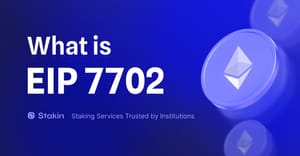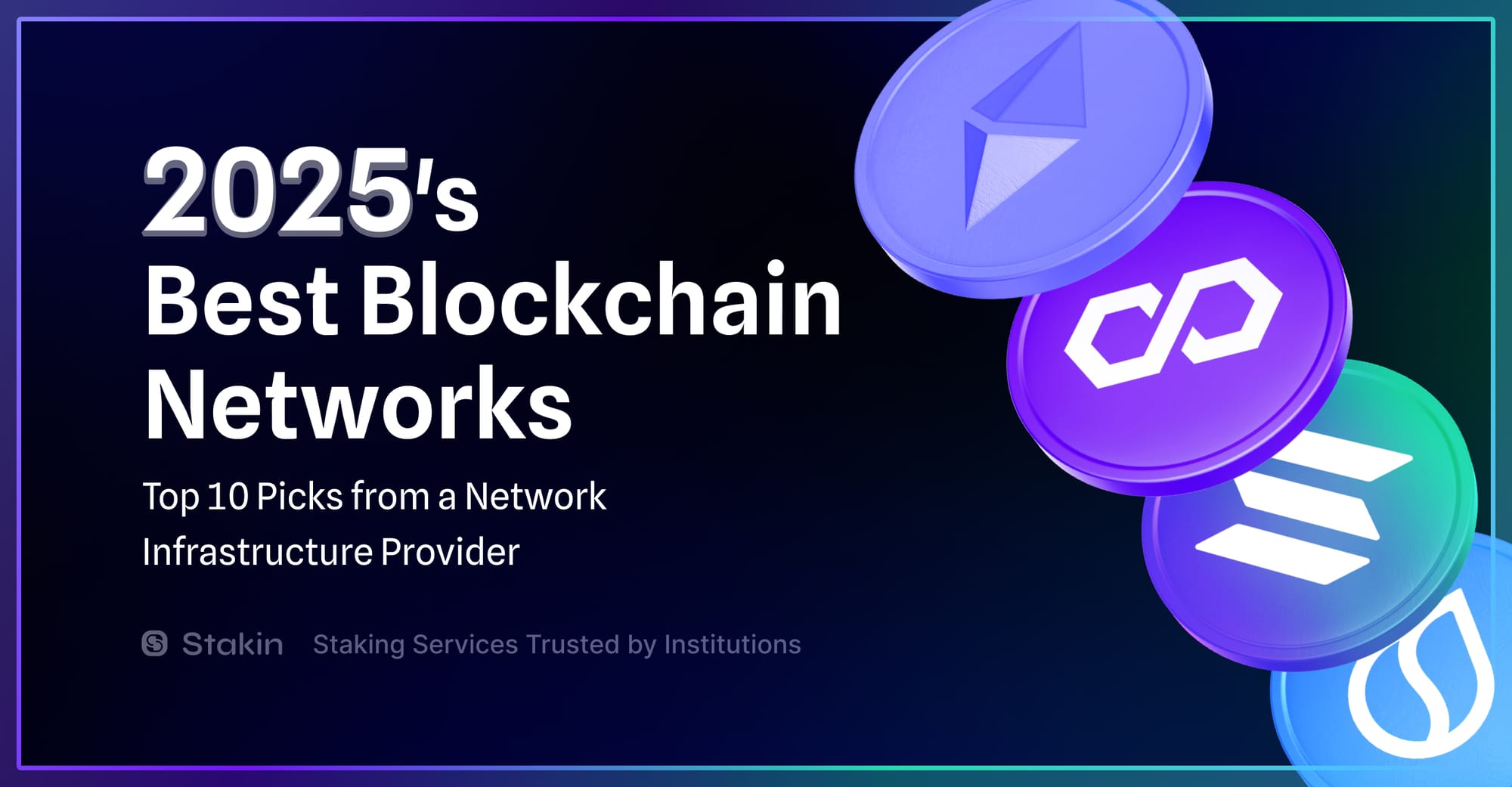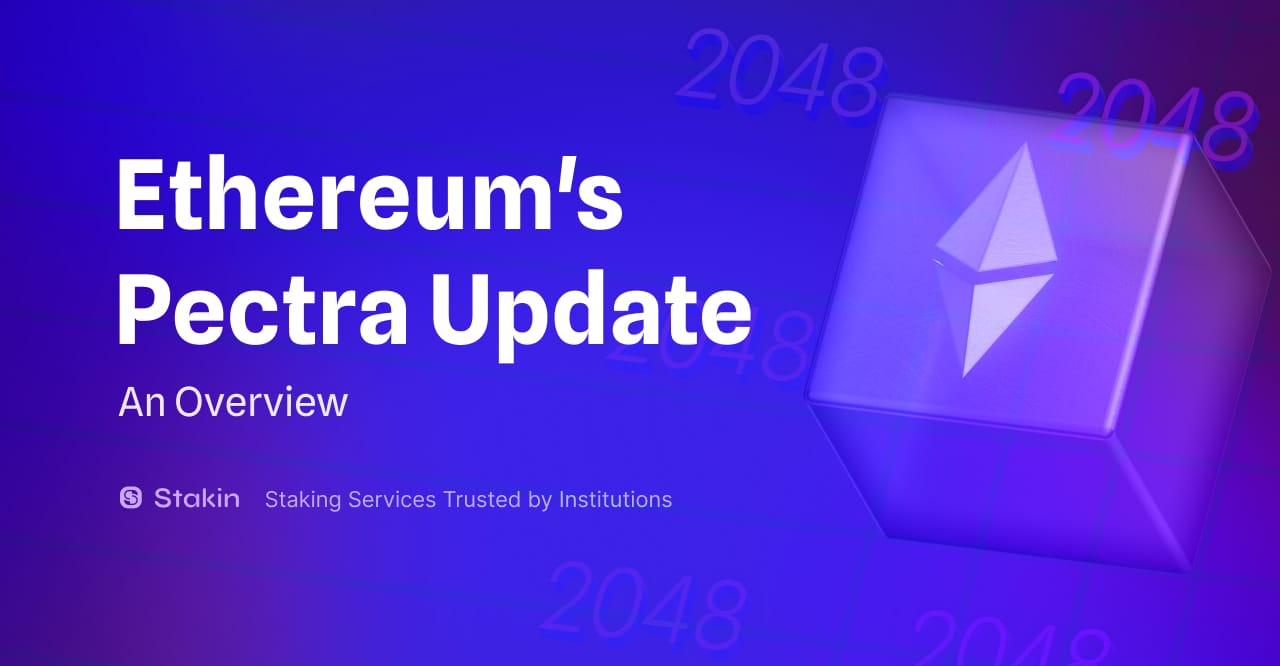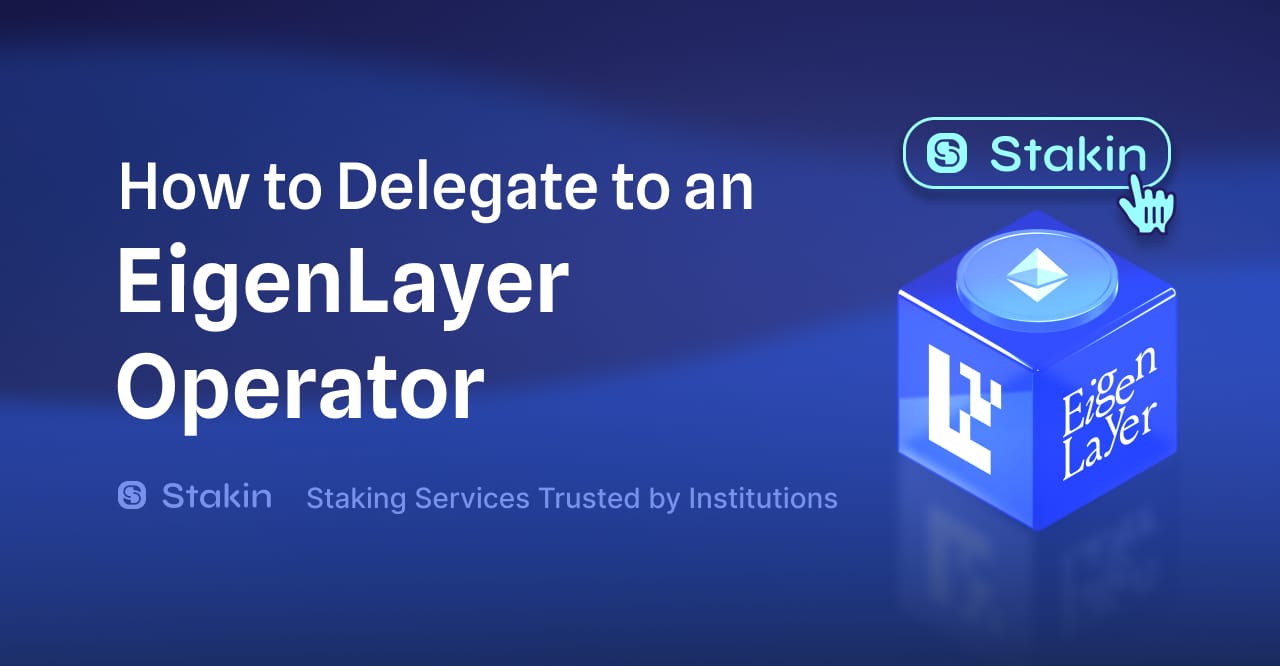The Ethereum EIP-7702 has recently become all the rage among the Ethereum community. It was introduced by Vitalik Buterin and his team, and it will be included in Ethereum's next network upgrade, Pectra.
What is EIP-7702, and why is it being so hotly debated?
In short, EIP-7702 aims to enhance the functionalities and security of Externally Owned Accounts (EOAs) on the Ethereum network and advance the vision of account abstraction on Ethereum—a method of setting up a blockchain network in which users’ assets are stored exclusively in smart contracts and not in EOAs.
Currently, Ethereum users engage with the network via externally owned accounts (EOAs), which are attached to private keys. An EOA is an account controlled by a cryptographic keypair and is commonly known as a wallet. It is operated by a human or an entity that holds the private key, making it capable of sending transactions (like transferring tokens) and interacting with smart contracts on the blockchain. This means that the EOA’s transactions are initiated externally.
EOAs have several limitations, such as having only basic functionalities like token transfers and transaction initiation. EOAs also introduce security risks, as private keys represent a single point of breach.
To address these challenges, EIP-3074 was introduced to bolster EOA functionalities. EIP-3074 would enable EOAs to authorize smart contracts for transaction execution. This proposal also facilitated third-party transaction sponsorship.
Yet EIP-3074 introduced a different sort of problem. To begin with, its implementation demanded a hard fork, causing network disruptions and limited compatibility with EIP-4337 (the Ethereum standard that outlines the implementation of account abstraction).
EIP-7702 intends to remedy some of the issues arising from EIP 3074, which was introduced for the same purpose. EIP-7702 introduces a new transaction type that allows regular Ethereum accounts to temporarily upgrade to smart contract accounts for a single transaction. As per EIP-7702’s Abstract, there are several strong reasons for adding short-term functionality improvements to EOAs, such as:
- Batching: allowing multiple operations from the same user in one atomic transaction. One common example is an ERC-20 approval followed by spending that approval, a common workflow in DEXes that requires two transactions today.
- Sponsorship: Account X pays for a transaction on behalf of Account Y. Account X could be paid in some other ERC-20 for this service, or it could be an application operator that includes the transactions of its users for free.
- Privilege de-escalation: users can sign sub-keys and give them specific permissions much weaker than global access to the account. For example, you could imagine permission to spend ERC-20 tokens but not ETH, to spend up to 1% of the total balance per day, or to interact only with a specific application.
EIP-7702 also addresses the growing concerns about the rise of quantum computing and its potential to break the cryptographic algorithm ECDSA (elliptic curve digital signature algorithm), which is being used to generate private keys in the next 5-10 years.
You may also be interested in:
EIP-7702 could address this challenge by moving users from private key-controlled accounts to smart contract accounts. In doing so, blockchain developers can use different cryptographic curves and/or alternative signing schemes that are quantum-resistant.
Closing thoughts
The Ethereum community is still debating EIP-7702. The response so far has been enthusiastic, moreover because EIP-7702 could potentially advance smart contract wallet adoption.
If approved, EIP-7702 could substantially change the Ethereum ecosystem and the broader cryptocurrency landscape and finally address the prolonged debate about Ethereum’s network’s quantum resistance.



